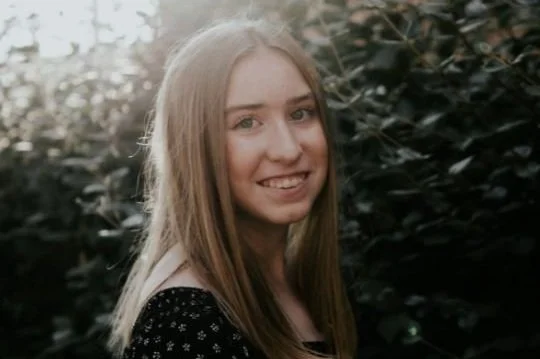Our group nurtures a supportive and inclusive atmosphere where everyone's voice is valued and respected. We encourage open discussions, constructive feedback, and the sharing of diverse viewpoints. This cultivates a culture of intellectual curiosity, critical thinking, and creativity, enabling any lab member to explore new research directions and push the boundaries of knowledge.
Members of our research group can expect a vibrant and collaborative culture that fosters intellectual growth, innovation, and a sense of community. We value diversity, inclusivity, and open-mindedness, recognizing that a diverse range of perspectives enriches our collective understanding of complex ecological systems.









